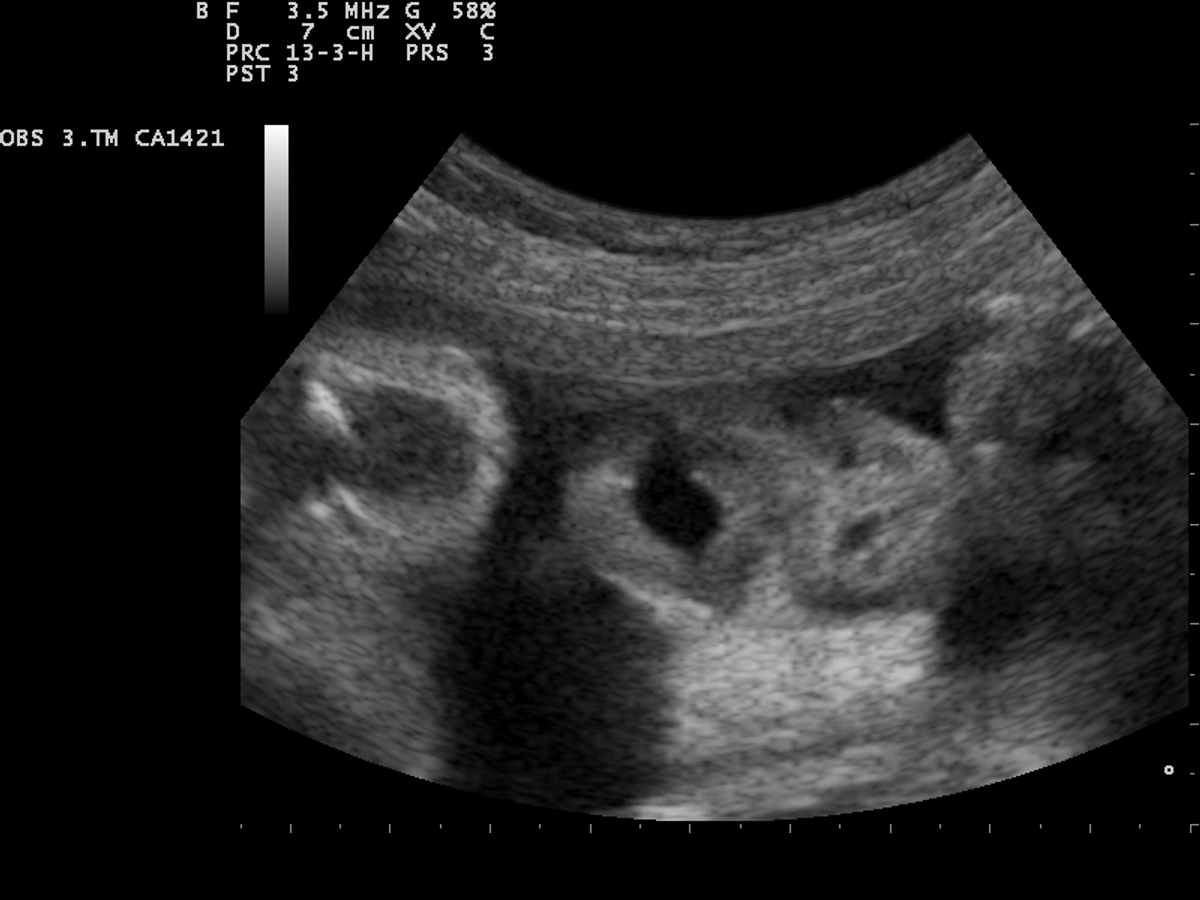Editor's Note: Scientific literature uses the words "biological sex" in reference to the sex assigned to an infant at birth. To avoid inconsistencies, this article also uses that language."
Social media users routinely claim that Indian law prohibits the determination of a fetus' sex before birth in that country. This 2023 Reddit post is one example:
Disclosing the gender of the baby is a punishable offence in my country
byu/rdias002 inmildlyinteresting
This claim is true.
In 1994, the Indian government enacted the Pre-Natal Diagnostic Techniques (PNDT Act) to put a check on female feticide, or the deliberate act of aborting a female fetus. At that time, an estimated 70% of all abortions performed in Delhi, India, were due to the fetus being female.
Gender roles influence families and society in India, which can sometimes lead to families preferring to have a biological son than a daughter, according to a 2019 report published by the global advocacy organization Center for Reproductive Rights. As the Pew Research Center writes, historically in Indian society, "sons have been expected to take care of their aging parents, and men have been the main beneficiaries of inheritance. Meanwhile, married women often live with and support their in-laws." In line with these traditions, the nonpartisan think tank writes that families tended to place higher value and provide more support to sons than daughters. This is known as "son preference."
In short, PNDT was enacted to prevent the misuse of sex determination techniques to protect the fetus.
The act was amended in 2003 and renamed the Pre-Conception and Pre-Natal Diagnostic Techniques (PCPNDT Act) to strengthen the original legislation. This amendment placed a "ban on sex selection before and after conception" and regulates prenatal diagnostic techniques for detecting abnormalities or disorders. However, the law does not discuss abortion or providers of abortion.
Among other measures, the law prohibits doctors or patients from communicating about the sex of a child, requires that every medical center registers under the act, and that patients must file paperwork that they don't want to know the sex of the child, and doctors must declare that they have not determined or conveyed the sex, according to guidelines published in the Indian Journal of Radiology and Imaging in 2012.
Noncompliance with the act reportedly in "any manner, be it the smallest of an error, brings wrath upon the errant," noted a 2012 commentary published in the Indian Journal of Radiology and Imaging. These consequences can include criminal prosecution and suspension and cancellation of registration by the State Medical Council. Compliance measures and a code of conduct are outlined in a 2016 report published by the Ministry of Health & Family Welfare Government of India.
A report published by the International Center for Research on Women describes son preference in India as a "well-documented phenomenon" that is strong but not universal. Unofficial calculations by the United Nations estimated that "200 million females are missing in the world; women who should have been born and grown up, were killed by infanticide or selective abortion."

